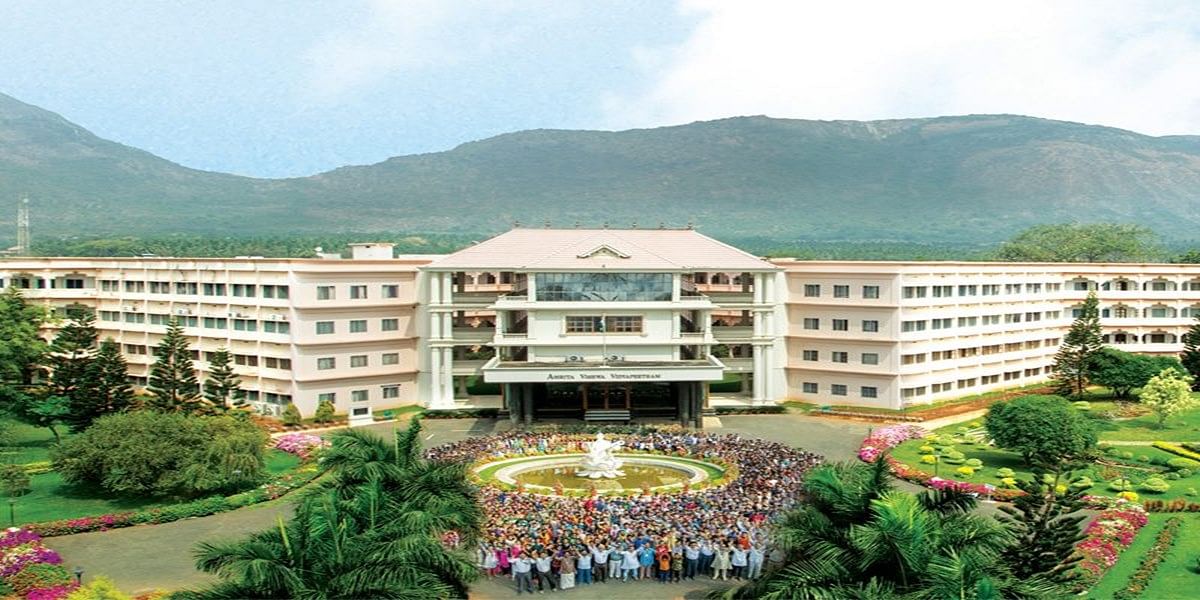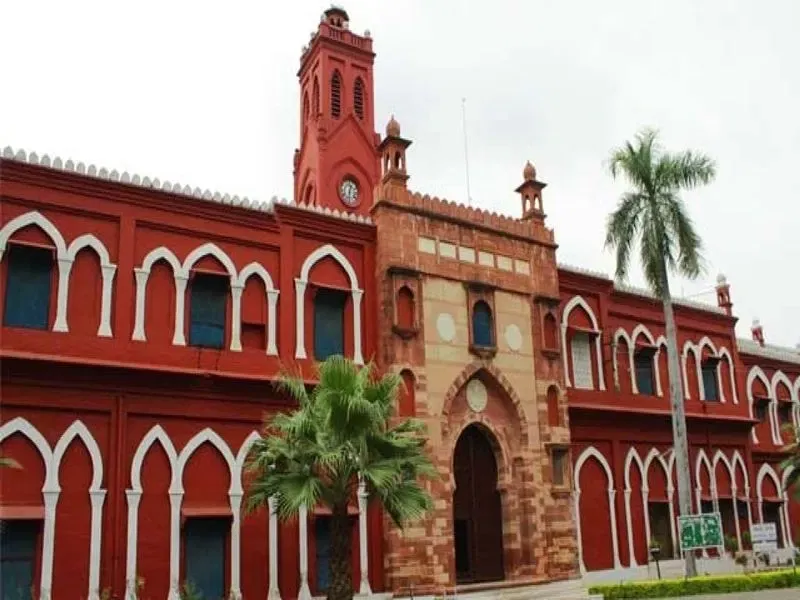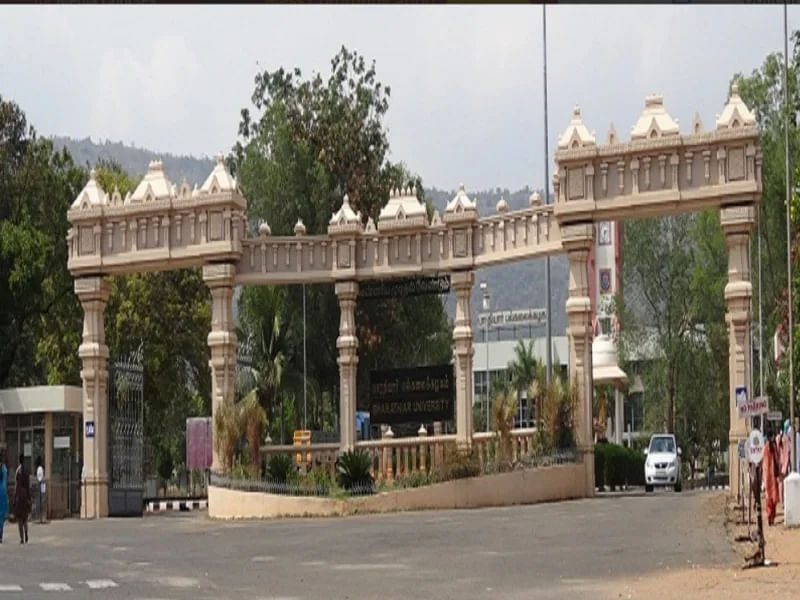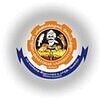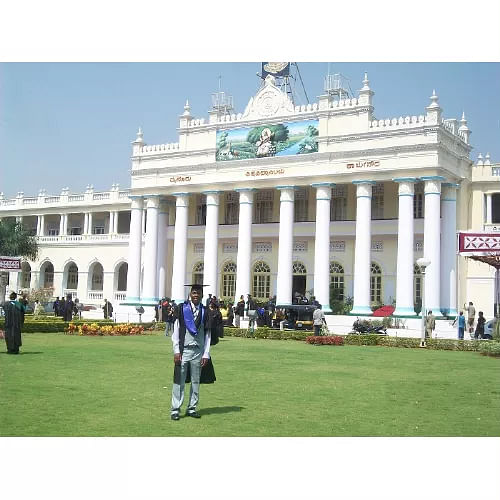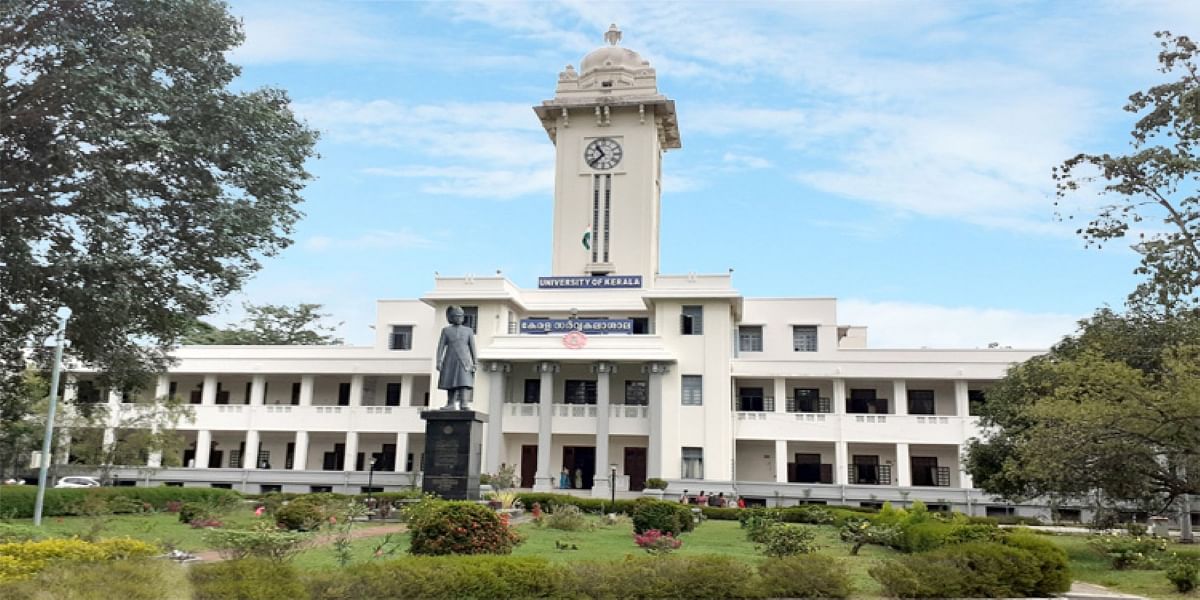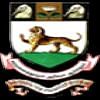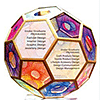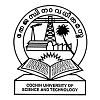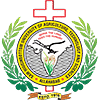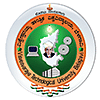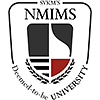MSW Syllabus and Subjects

MSW syllabus provides an in-depth understanding of social work in India and the various practices associated with it. MSW subjects cover topics such as healthcare, childcare, psychology, sociology, etc along with core subjects and other specializations for further skill development.
The MSW course syllabus is designed in accordance with the curriculum guidelines provided by the Ministry of Education. MSW subjects are skill-oriented and provides knowledge of the best industry practices. The MSW job scope is vast as graduates can get employed in the private and public sectors.
Table of Contents
Semester Wise MSW Syllabus
MSW syllabus aims to ensure that the students have access to all the vital aspects of the curriculum. The MSW course syllabus may differ slightly depending on the university/college. The semester-wise MSW syllabus is given below along with the MSW subjects:
MSW 1st year Syllabus
The MSW 1st semester syllabus mainly focuses on the core and foundational aspects of the coursework. The table below contains the MSW subjects in the 1st-year syllabus.
|
SEMESTER I |
SEMESTER II |
| History and Philosophy of Social Work | Social Work with Communities |
| Sociology for Social Work Practice | Rehabilitation and Resettlement |
| Psychology for Social Work Practice | Social Work Research |
| Social Work & Research and Quantitative Analysis | Visual Culture |
| Human Growth and Development | Human Rights and Social Legislation |
| Fieldwork-I | Fieldwork-II |
MSW 1st year Practical Subjects
MSW syllabus includes practical coursework in curriculum for efficient learning. Some of the practical topics in the 1st year MSW course syllabus are listed below:
- Highlighting a current local problem requiring interventions
- Application of research methods in a controlled environment
- Playing the role of facilitator in an imaginative program
- suggestions for innovative interventions to ameliorate the situation
MSW 2nd year Syllabus
Dissertations or projects are mandatory coursework under the MSW 4th sem syllabus. The table below contains the MSW syllabus for the second year.
|
SEMESTER III |
SEMESTER IV |
| Social Work and Disaster Management | Corporate Social Responsibility |
| Social Policy and Planning | Social Work Administration |
| Women & Social Work | Rural-Urban Community Development |
| Social Work Administration | Electives |
| Electives | Fieldwork – IV |
| Fieldwork – III | Dissertation Project |
MSW 2nd year Practical Subjects
The practical topics under MSW 2nd-year syllabus are listed below:
- Acquire skills in systematic observation
- Personality build-up for volunteerism
- Recording people’s voices on their experiences of social exclusion
- Suggestions for evolving strategies for solving the problem
MSW Subjects
The MSW subjects aim to provide a comprehensive understanding of social work education and community development. MSW course subjects are mostly similar for all the colleges, but they may vary depending on the institution's course module. Listed below are the core and elective subjects of the MSW course syllabus:
Core Subjects:
- History of Social Work
- Social Work Research and Quantitative Analysis
- Rehabilitation and Resettlement
- Corporate Social Responsibility
- Human Rights and Social Legislation
- Social Legislation and Labour Welfare
- Social Policy and Planning
Elective Subjects:
- Human Resource Management
- Labour Legislation and Labour Welfare
- Medical Social Work
- Industrial Relations
- Medical Social Work
- Livelihood Promotion
- Public Health for Social Workers
- Social Entrepreneurship
MSW Subjects in Detail:
MSW syllabus offers a wide range of subjects in the area of social work and community development. A detailed view of several MSW subjects is given below:
| MSW Course. Subjects | Topics Covered |
| History of Social Work | Social work, Social welfare, Evolution of social work in India, Social work education, Social change, contemporary ideologies of social work & social change |
| Social Work Research | Research design, Methods of data collection, Statistics, Participatory Rural Appraisal and Questionnaire Survey, Methodology and Techniques of Social Research |
| Human Growth and Development | Life span perspectives, Family life cycle, Family life enrichment programs, Child Development, Developmental Psychology, Psychiatry for Social Workers |
| Rehabilitation and Resettlement | Types of Displacements, Role of Professional in facilitating proper R&R, Institutional Arrangement and Legal Framework |
| Social Legislation and Labour Welfare | Social Legislations, Legislations for STs, Role of NGOs in Social Reformation, Labour Welfare and Constitutional Provisions |
| Social Work Administration | Concept of administration, Social work administration & Management, Voluntary agencies, Fundraising, Public relations, Problems of Voluntary Agencies |
MSW Course Structure
The MSW course syllabus is designed to impart both practical and theoretical knowledge, allowing students to work in real-life situations which helps them gain hands-on experience. The MSW course structure is as follows:
- Core subjects
- Elective subjects
- Fieldwork
- Workshops
- Debates/ Research
- Internships
MSW Teaching Methodology and Techniques
MSW course focuses on different aspects of social issues and solutions to overcome the problems in society. The course is designed based on industry requirements and helps get the most exposure to the field. Listed below are some of the general teaching methods and techniques:
- Lectures
- Assignments
- Case studies
- Research work
- Fieldwork
- Internships
MSW Projects
Students do MSW research or dissertation projects in the final year where they apply what they've learned in the MSW program and apply it to their future careers. Some of the common project topics are:
- Barriers To Housing Faced By Transitional Age Foster Youth When Transitioning Out Of Care
- Recognizing Child Abuse In The Classroom
- The Experience Of Trauma And Psychological And Behavioral Problems In Adult Children Of Alcoholics
- Perception Of Mental Health Among The Latinx Community
MSW Books
The Master of Social Work reference books assist students in understanding the curriculum and subjects better. Students can also download the MSW syllabus PDF to have a thorough understanding of the course from respective college websites. The following are some of the most popular MSW books:
|
Name |
Author |
| International Social Work | Cox, David & Manohar Pawar |
| Personality Development | Elizabeth Hurlock |
| A Dialectic Journey of Theory and Practice | J.M. Papa |
| Social Work Practice - A Generalist Approach | Yagna J. Stephen & Johnson C. Louise |
| Voluntary Social Welfare in India | Paul Choudry |
Top MSW [Master of Social Work] Colleges
Top Arts Entrance Exams
MSW Fee Structure
FAQs on MSW Syllabus and Subjects
Q: What is the MSW syllabus?
Q: What are the important books for MSW 1st year?
Q: What are the MSW subjects in 1st year?
Q: How many years does it take to complete MSW?
Q: What are some of the popular MSW research topics for project?
